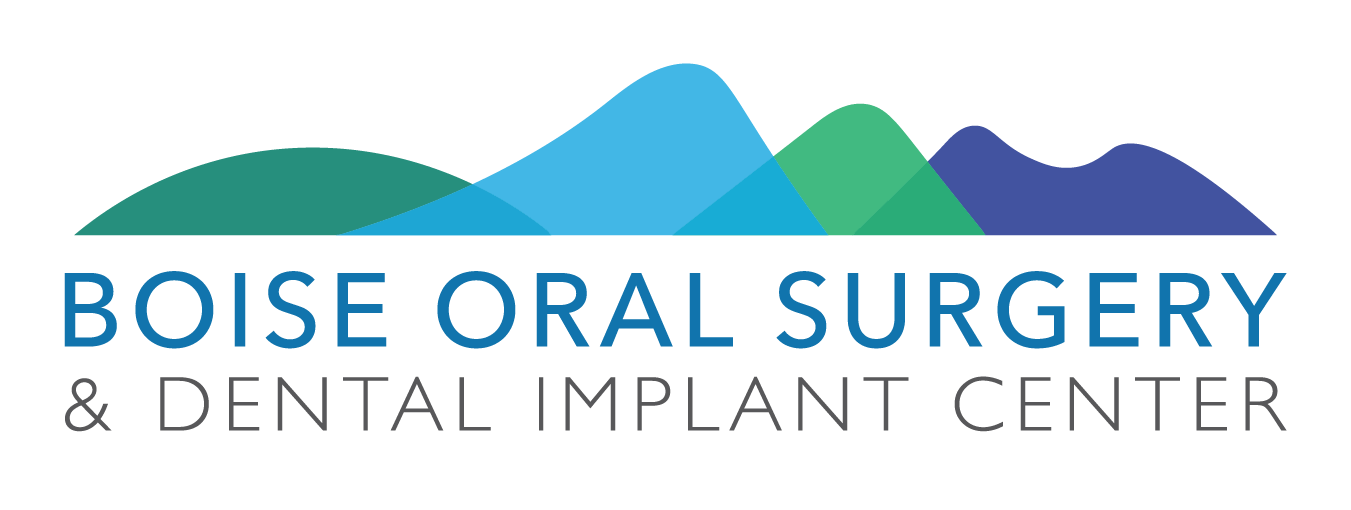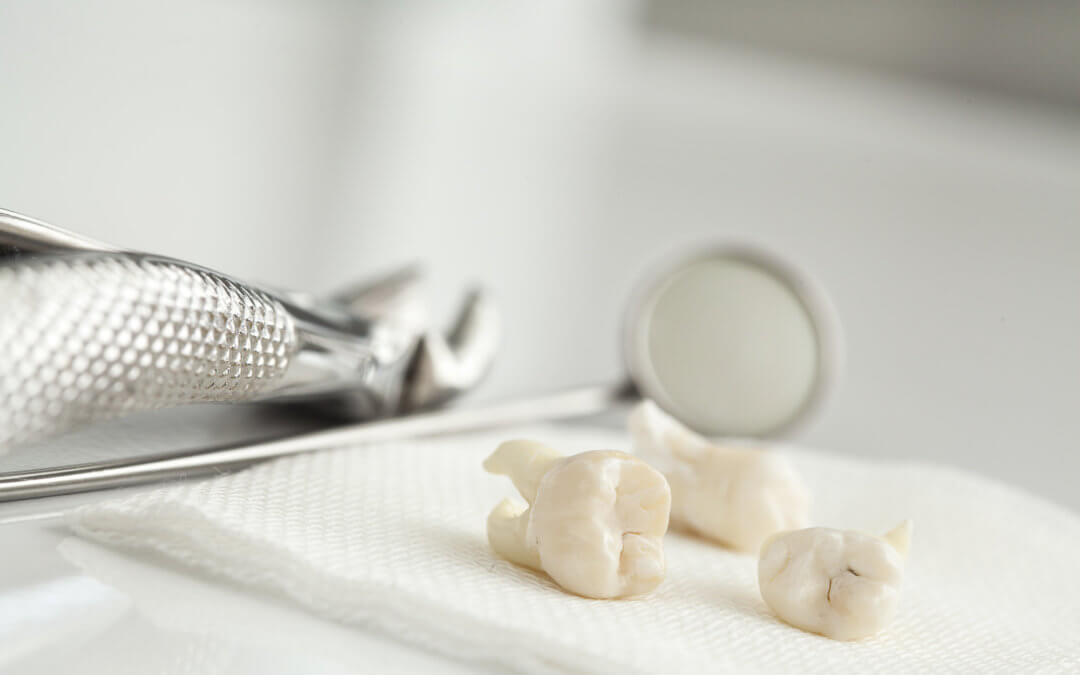Nearly 85% of people need to have their wisdom teeth removed at some point in their life. This may have you wondering whether or not you will become a part of this statistic.
Some people can go their whole lives without needing this surgery, while others must get it in order to prevent pain or other serious dental issues.
So, should you remove your wisdom teeth? Read on to discover more about wisdom teeth removal.
What Are Wisdom Teeth?
Wisdom teeth are the last of the adult teeth to enter into the mouth. They are called wisdom teeth as they take much longer to come in than other teeth and often do not appear until people are in their late teens or early twenties. People generally have four wisdom teeth, two on the top and two on the bottom.
The problem is, most people don’t have room for these teeth to come in. So, if wisdom teeth start to impact an already crowded mouth, then this could cause pain or other uncomfortable symptoms.
Signs Your Wisdom Teeth May Need to Come Out
Some wisdom teeth problems are more obvious than others. Look out for these signs that you may need to undergo wisdom teeth extraction.
Swollen or Bleeding Gums
If your wisdom tooth is beginning to come in, then it can cause inflammation or infection in your gums. This could cause your gums to hurt or even bleed. This wisdom teeth pain can make everyday tasks such as eating or talking difficult and painful.
Headaches
Frequent headaches and earaches are also common signs that you may need wisdom teeth removal. Pain in the mouth or jaw often radiates to other areas such as the head or ears. This can cause uncomfortable and persistent pressure headaches or earaches.
Jaw Pain
One of the most common indicators that your wisdom teeth need to come out is experiencing pain in your jaw. Impacted wisdom teeth can actually change your bite, therefore causing pain or stiffness in the jaw. It is important to correct this problem quickly, as a misaligned bite can permanently affect your jaw.
Bad Breath
Many people don’t know that bad breath is one of the main symptoms of wisdom teeth problems. Wisdom teeth erupt near the back of your mouth, which can be hard to reach when trying to brush or floss.
Not being able to properly clean the area can result in a buildup of food which can cause bacteria or infection. This results in an unpleasant smell radiating from the area.
Sinus Issues
Don’t mistake your wisdom teeth for bad allergies. Your sinuses are very close to your upper wisdom teeth, so it is not uncommon for impacted wisdom teeth to produce issues such as sinus pressure, congestion, and postnasal drip.
What to Expect From Wisdom Teeth Removal Surgery
If you have determined that you may need surgery, then it is time to get prepared for your procedure. Here’s what to expect before, during, and after surgery day.
Before the Surgery
You are already taking the first step before surgery, which is doing your research! It is important to research the procedure so you know what is happening inside of your mouth.
It is also important to research a good oral surgeon. If you need somewhere to start, then check out our very own Dr. J Scott Bobst, one of Boise’s top oral surgeons.
Once you choose a surgeon, you will meet with them to discuss your procedure. They will assess your symptoms and determine the best course of treatment for you.
Surgery Day
For surgery, there are many different options for anesthesia. It will likely be determined which option is best for you before surgery day, but some common choices include local anesthesia, general anesthesia, and IV sedation.
Local anesthesia is injected into your mouth and works as a numbing agent. This allows you to be awake during the procedure. This option is typically chosen for wisdom teeth that have almost fully come in already.
General anesthesia is paired with local anesthesia to completely numb your mouth while also leaving you unconscious for the surgery. General anesthesia is usually given to patients who need all four wisdom teeth out or for patients whose wisdom teeth have only begun to come in.
IV sedation is also given alongside local anesthesia. This is delivered through an IV in your arm and leaves you unconscious for a very brief period of time. You will wake up much quicker than you would with general anesthesia and may even have a brief recollection of the surgery.
You should feel no pain no matter which option you experience.
After the Procedure
Wisdom teeth removal aftercare is arguably the most important part of the whole process. It is important to keep the area around the wound clean, but be cautious not to overwash or touch the area directly after surgery.
If you experience swelling, then you may ice the side of your face where the surgery was performed. You may also begin to take the prescribed pain medication as the anesthesia wears off.
Do not perform any vigorous activity directly after surgery. Most people recover from this surgery within three or four days. After you are fully recovered, it is safe to return to your normal activities.
Should You Remove Wisdom Teeth? Call Us Today
So, if you have answered the question, “Should you remove your wisdom teeth?” with yes, then feel free to give us a call today. Impacted wisdom teeth can be painful and bothersome, but a simple surgery can usually help with these issues.
Boise Oral Surgery can give you the information and care you need to resolve any dental issues and go on living your life.

